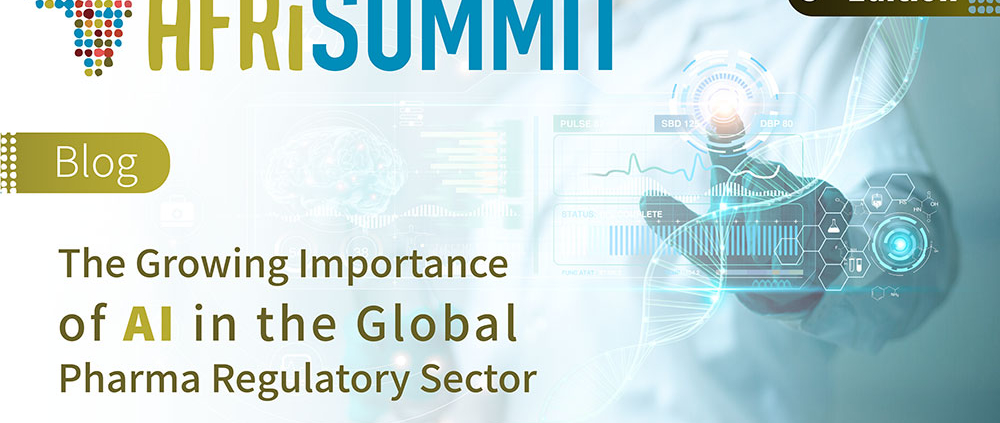The Growing Importance of Ai in the Global Pharma Regulatory Sector
The global pharmaceutical landscape is evolving at a pace never seen before, and Artificial Intelligence (AI) is at the forefront of this transformation. Regulatory agencies worldwide are embracing AI to streamline workflows, enhance accuracy, and improve the speed of drug approvals and safety monitoring.
Leading regulatory agencies like the U.S. Food and Drug Administration (FDA) and the European Medicines Agency (EMA) have taken significant steps toward integrating AI into their operations. The FDA’s Framework for FDA’s Real-World Evidence Program is one such initiative, focusing on how AI and real-world data can inform regulatory decisions about the effectiveness and safety of drugs.
According to a 2022 report by the U.S. Department of Health and Human Services, over 75% of pharmaceutical companies working with the FDA are already incorporating some form of AI into their data submission processes. Meanwhile, the EMA’s Big Data Steering Group is actively analyzing more than 100 pilot projects to assess the use of machine learning in regulatory decision-making.
Key Benefits of AI in Regulatory Affairs
AI brings a host of advantages to regulatory practices worldwide, including:
- Accelerated Decision-Making: Shortens review cycles by automating parts of dossier evaluations.
- Improved Pharmacovigilance: Enables early detection of safety signals through analysis of electronic health records, patient reports, and even social media.
- Data Standardization: Ensures consistency and accuracy across regulatory documents and submissions.
- Resource Efficiency: Reduces the administrative burden on regulatory personnel.
These improvements empower regulatory bodies to respond more quickly to public health needs and ensure timely access to safe and effective therapies for patients.
The success stories and frameworks established by Western regulatory authorities are becoming benchmarks for emerging markets, including those in Africa. The ripple effects of AI adoption in developed countries are encouraging counterparts in Africa, Asia, and Latin America to explore similar technologies.
By observing how AI enhances transparency, consistency, and efficiency, these regions are increasingly confident in pursuing digital transformation in their regulatory systems.
International collaboration is gaining momentum, with regulatory bodies sharing AI methodologies and insights. Organizations like the International Council for Harmonisation (ICH) and the World Health Organization (WHO) are also developing guidelines to support the ethical and effective deployment of AI in regulatory environments worldwide.
The global shift toward AI in regulatory affairs highlights a shared vision: leveraging data, technology, and innovation to deliver faster, safer, and more transparent regulatory outcomes.
As African agencies look to modernize their frameworks, the global experience with AI offers a valuable roadmap—one that underscores the inevitability of digital regulation.
This topic will be a key highlight at the PharmaReg AfriSummit 2025, where international and African regulatory leaders will explore how global AI innovations are shaping Africa’s regulatory strategies.
To learn more and be part of this transformative step toward the future of pharmaceutical regulations in Africa, visit:
www.pharmaregafrisummit.com





